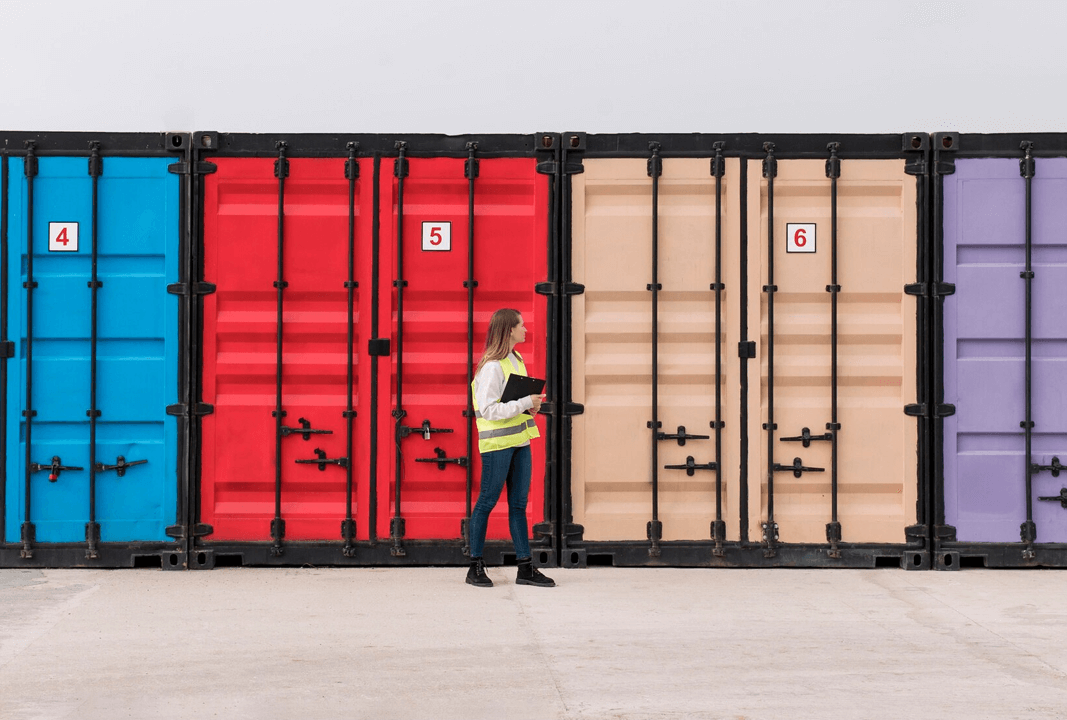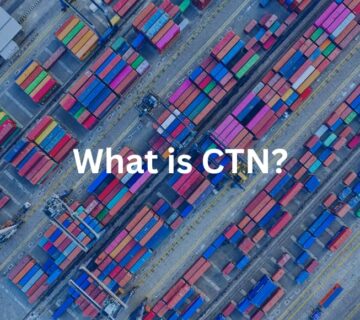Container shipping, the backbone of international trade, plays a vital role in the functioning of the global economy. However, the future of this sector is being reshaped by factors such as innovation and sustainability. In this article, we will explore the key trends and developments in the future of container shipping.
What's in the Article?
The Power of Innovation: Digitalization and Automation
Innovation in the container shipping industry has immense potential to enhance operational efficiency and reduce costs. Digitalization and automation are at the forefront of this transformation. Technological advancements such as smart ports and autonomous ships are making shipping processes faster and more reliable.
Smart Ports: Smart ports, utilizing digital technologies and IoT devices, enable more efficient management of port operations. Real-time data analysis allows for monitoring container movements and optimizing logistics processes. This reduces waiting times and maximizes port capacity utilization.
Autonomous Ships: Autonomous ships, capable of sailing without human intervention, are a groundbreaking development. This technology can reduce personnel costs, enhance maritime safety, and optimize fuel efficiency. Autonomous ships have the potential to revolutionize sea transportation.
Sustainability: Environmentally Friendly Shipping
Global warming and environmental concerns necessitate sustainability-focused solutions in the container shipping industry. Reducing the carbon footprint and adopting environmentally friendly logistics methods have become significant trends in the sector.
Green Fuels: Considering the environmental impact of fossil fuels, the use of alternative and green fuels is of paramount importance. Cleaner fuels such as LNG (Liquefied Natural Gas) and hydrogen are being utilized to reduce ship emissions. Additionally, the integration of renewable energy sources like wind and solar power is also being explored.
Energy Efficiency: Energy efficiency is crucial both environmentally and economically. Advanced ship designs and energy management systems aim to minimize fuel consumption, thereby reducing environmental impact. This also provides cost savings, creating a competitive advantage.
Global Trade Dynamics and Political Effects
The dynamics of global trade directly impact the container shipping industry. Trade agreements, political uncertainties, and economic fluctuations shape operational strategies within the sector.
Trade Agreements: International trade agreements, customs duties, and trade tariffs affect the costs and processes of container shipping. For instance, free trade agreements promote shipping between specific regions, while protectionist policies may lead to changes in supply chains.
Political Uncertainties: Political events such as Brexit and the US-China trade war have increased uncertainties in global trade. Such uncertainties necessitate greater flexibility and adaptability from logistics companies. Risk management and strategic planning are crucial during these periods.
The Role of the ECTN: Enhancing Cargo Tracking and Regulatory Compliance
A critical yet sometimes overlooked element in container shipping is the Electronic Cargo Tracking Note (ECTN). The ECTN is an essential document required by many importing countries to ensure the proper tracking and management of cargo movements.
Improved Tracking and Transparency: By mandating the submission of detailed cargo information, the ECTN enhances visibility throughout the supply chain. This transparency helps port authorities and customs officials monitor shipments more effectively, reducing delays and ensuring regulatory compliance.
Regulatory Compliance: The ECTN is designed to meet stringent regulatory requirements in various regions, particularly in parts of Africa and the Middle East. Compliance with ECTN regulations minimizes the risk of cargo hold-ups and penalties, streamlining border processes and facilitating smoother international trade.
Integration with Digital Platforms: As digitalization transforms the shipping industry, integrating the ECTN into broader electronic documentation systems further simplifies compliance. This integration not only reduces administrative burdens but also complements initiatives like smart ports and autonomous operations, contributing to overall operational efficiency.
Conclusion: The Future of Shipping
Container shipping is undergoing significant transformation driven by innovation and sustainability. Technological advancements are making the sector more efficient and reliable, while environmental concerns are increasing the need for sustainable logistics solutions. Global trade dynamics require continuous review and adaptation of operational strategies.
In this context, container shipping companies need to shape their future strategies with a focus on innovation and sustainability. By embracing technologies such as smart ports, autonomous ships, and integrated systems like the ECTN, they can fulfill their environmental responsibilities while gaining a competitive edge in the global marketplace.






